31 Shocking Heart Disease Facts You Need to Know | FactsLook
The Silent Epidemic: Understanding Heart Disease
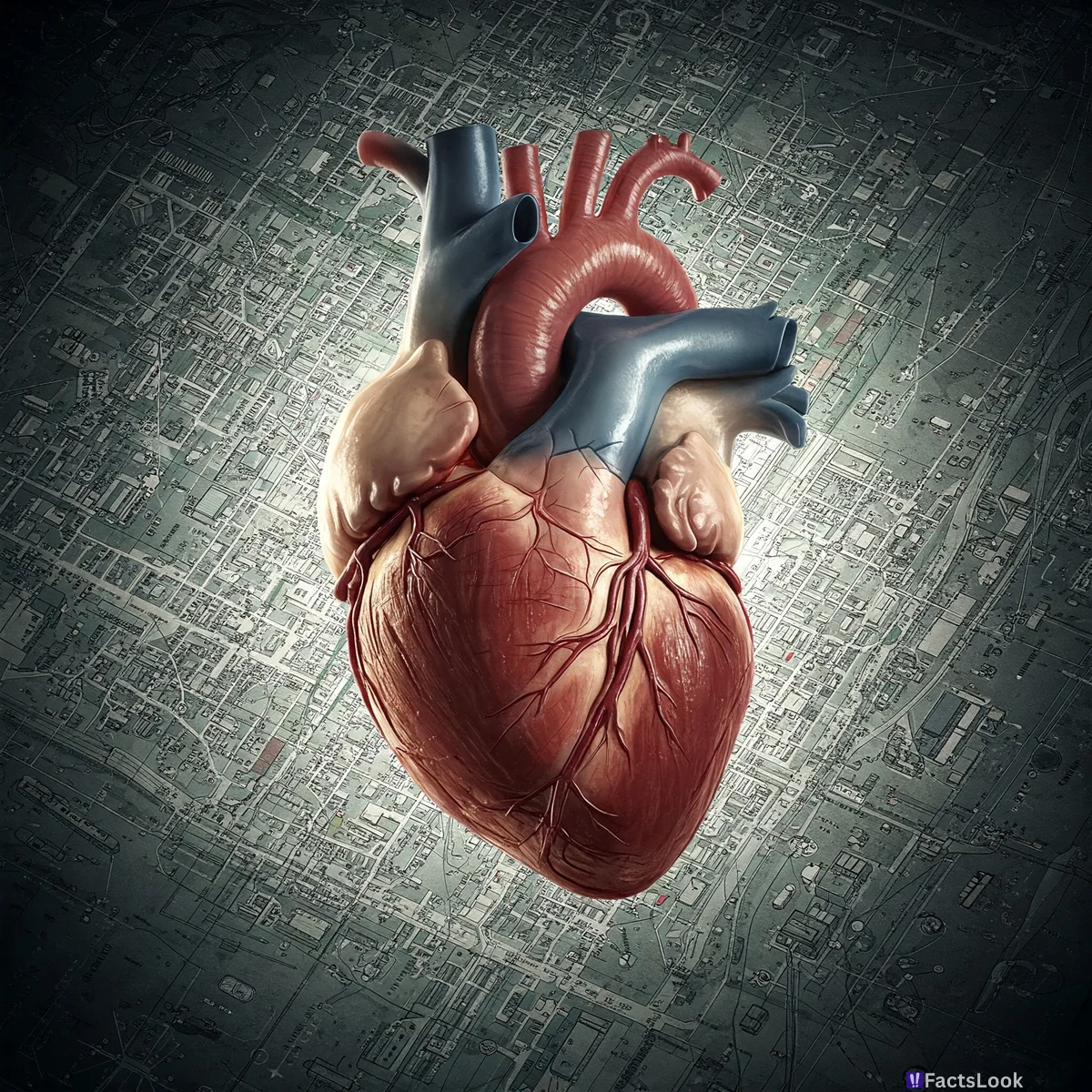
Heart disease isn’t a single ailment but a spectrum of conditions affecting the heart. It’s the leading cause of death globally, yet often goes unnoticed in its early stages. Many assume heart disease only affects the elderly, but it can develop at any age, making awareness and proactive health choices crucial. This listicle dives into 31 facts to arm you with knowledge.
Heart Disease is More Than Just a Blockage
While clogged arteries are a common cause, heart disease encompasses a wide range of problems, including heart valve issues, arrhythmias (irregular heartbeats), congenital heart defects, and heart muscle diseases like cardiomyopathy. Understanding the breadth of possibilities is key to accurate diagnosis and treatment.
Women Experience Heart Attacks Differently

Heart attack symptoms in women are often atypical. Instead of classic chest pain, women are more likely to experience shortness of breath, nausea, vomiting, back or jaw pain, and unexplained fatigue. This can lead to delays in seeking treatment and poorer outcomes.
The 'Widowmaker' Isn't Always Massive
Left anterior descending artery (LAD) blockages are nicknamed the 'widowmaker’ because of their potential for fatal heart attacks. However, blockages don't always have to be 100% to cause significant damage; even a 70% blockage can restrict blood flow enough to cause problems.
Inflammation Plays a Huge Role
Chronic inflammation isn’t just about swelling; it’s a key driver of atherosclerosis—the buildup of plaque in arteries. Factors like smoking, poor diet, and chronic stress contribute to inflammation, accelerating heart disease development. [Source: American Heart Association - https://www.heart.org/]
Gut Health Influences Heart Health
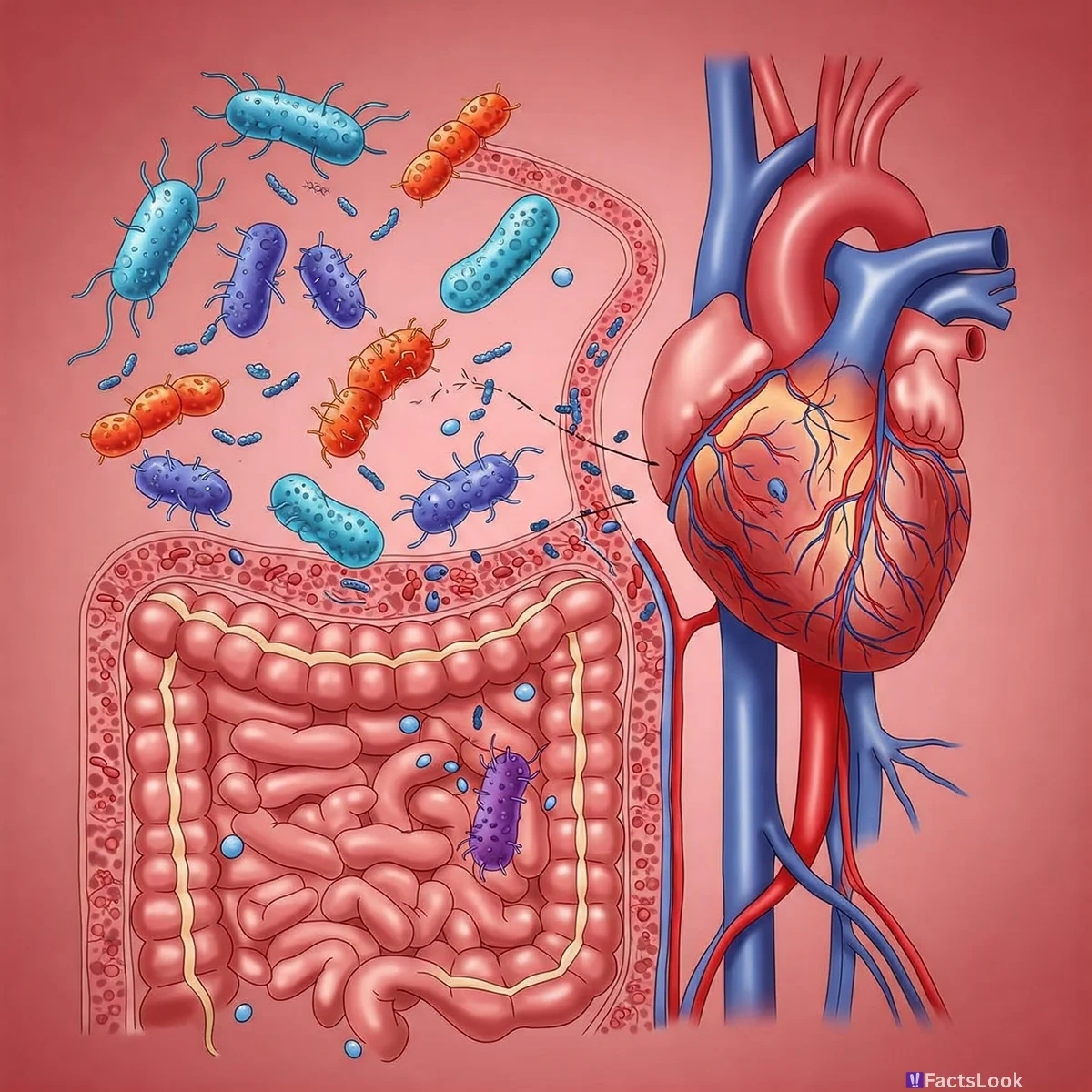
Your gut microbiome, the community of bacteria in your digestive system, significantly impacts heart health. An unhealthy gut can lead to increased inflammation and production of compounds linked to heart disease. Focus on a fiber-rich diet to nourish beneficial gut bacteria.
Stress Isn’t Just Psychological
Chronic stress elevates cortisol levels, which can increase blood pressure, cholesterol, and the risk of blood clots. Learning effective stress management techniques like meditation, yoga, or spending time in nature is vital for cardiovascular health.
Air Pollution is a Silent Killer

Exposure to air pollution, even at levels considered ‘safe,’ increases the risk of heart disease, stroke, and heart failure. Fine particulate matter can enter the bloodstream and cause inflammation and damage to blood vessels.
Sleep Deprivation Harms Your Heart
Consistently getting less than 6-7 hours of sleep per night significantly increases the risk of high blood pressure, obesity, diabetes, and heart disease. Prioritize sleep and establish a regular sleep schedule.
Oral Health Impacts Heart Health
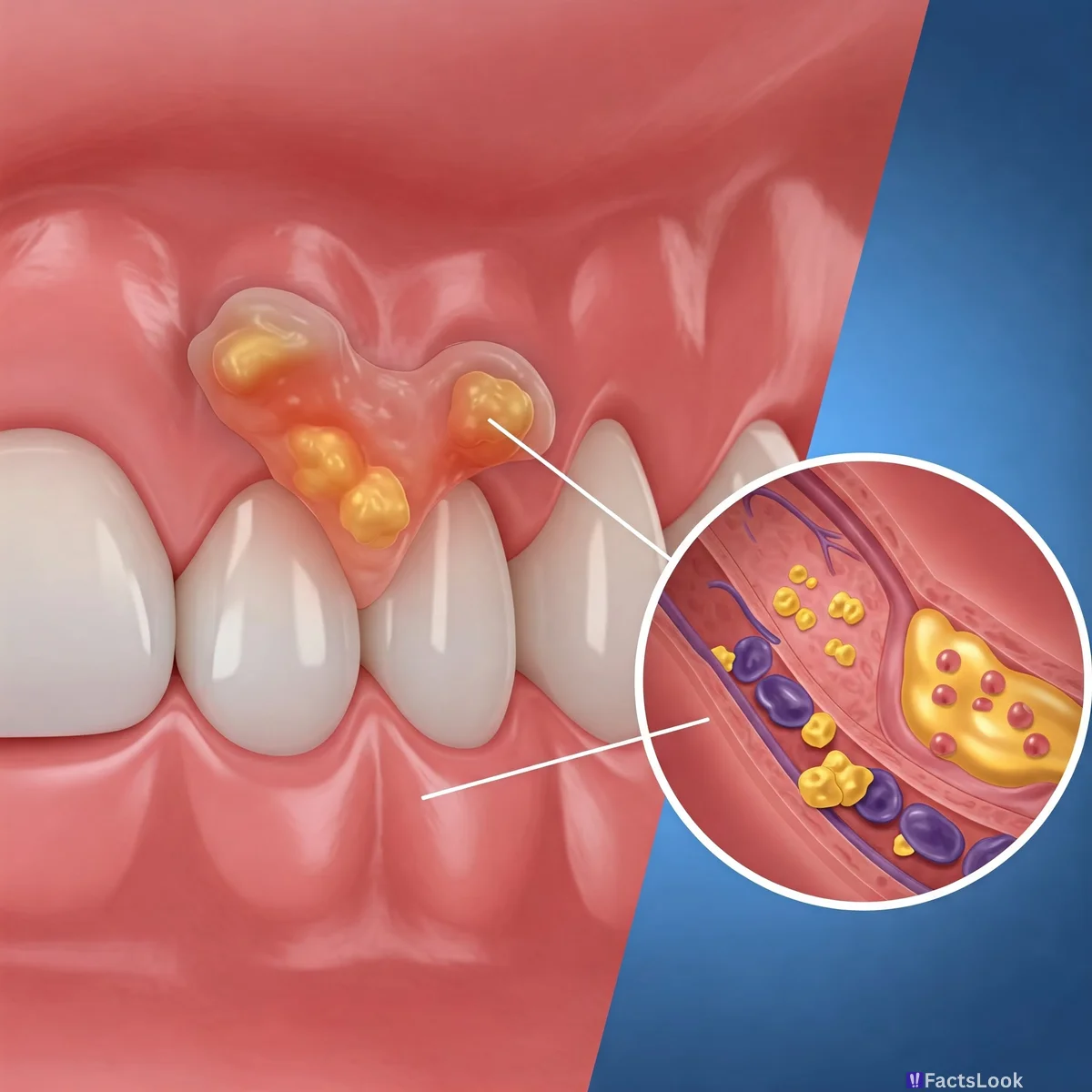
Poor oral hygiene, particularly gum disease, can lead to inflammation that contributes to atherosclerosis. Bacteria from infected gums can enter the bloodstream and damage blood vessels. Regular dental checkups are crucial.
Genetic Predisposition Isn’t Destiny
Having a family history of heart disease increases your risk, but it doesn't guarantee you'll develop it. Lifestyle factors like diet, exercise, and smoking habits play a significant role. Proactive measures can mitigate genetic risks.
Excessive Alcohol Consumption is Detrimental
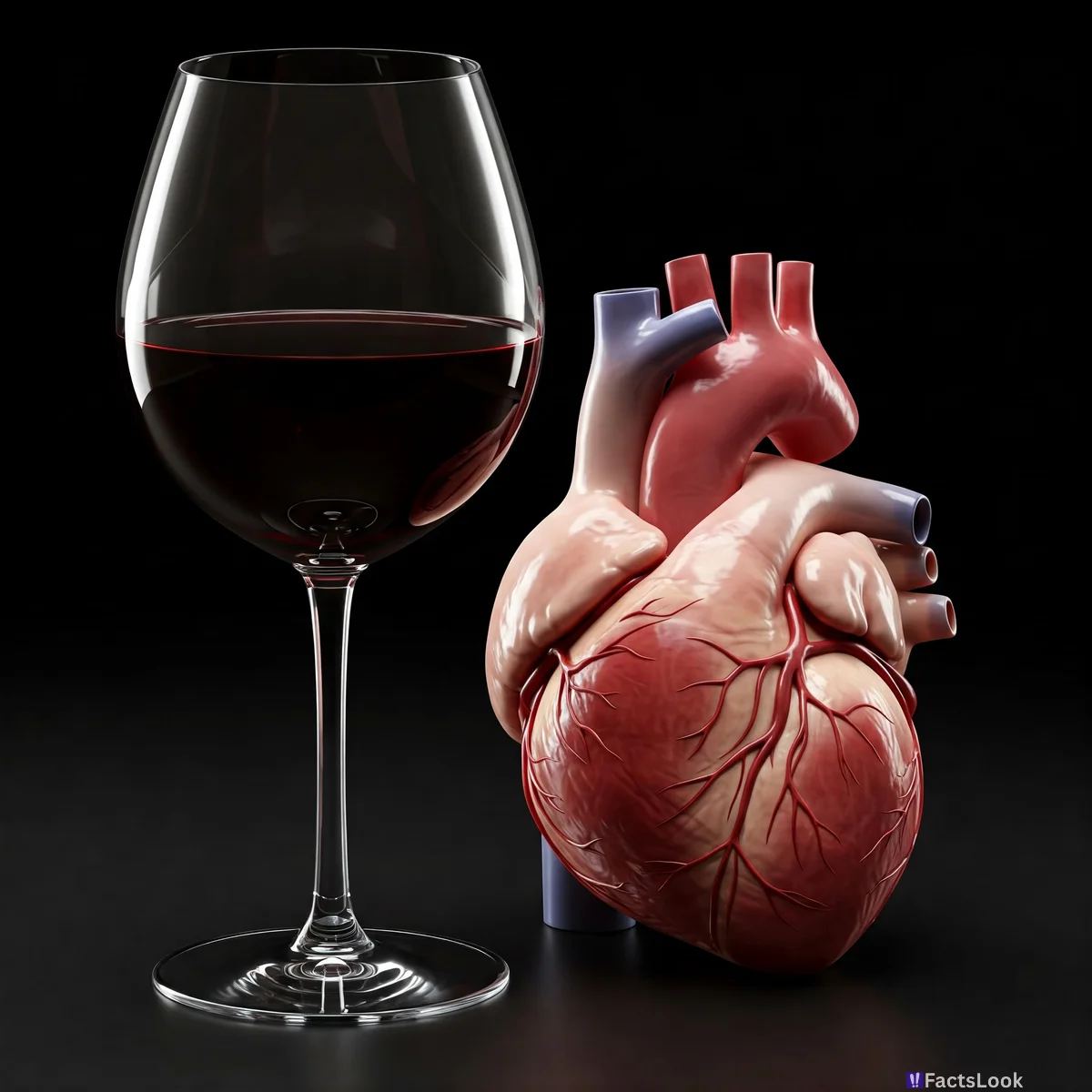
While moderate alcohol consumption *may* offer some cardiovascular benefits, excessive drinking raises blood pressure, weakens the heart muscle (cardiomyopathy) and increases risk of stroke. Limit intake, if you drink at all.
Sitting is the New Smoking
Prolonged sitting is independently linked to increased risk of heart disease, even if you exercise regularly. Break up long periods of sitting with short walks or stretching exercises throughout the day.
Vitamin D Deficiency is a Risk Factor
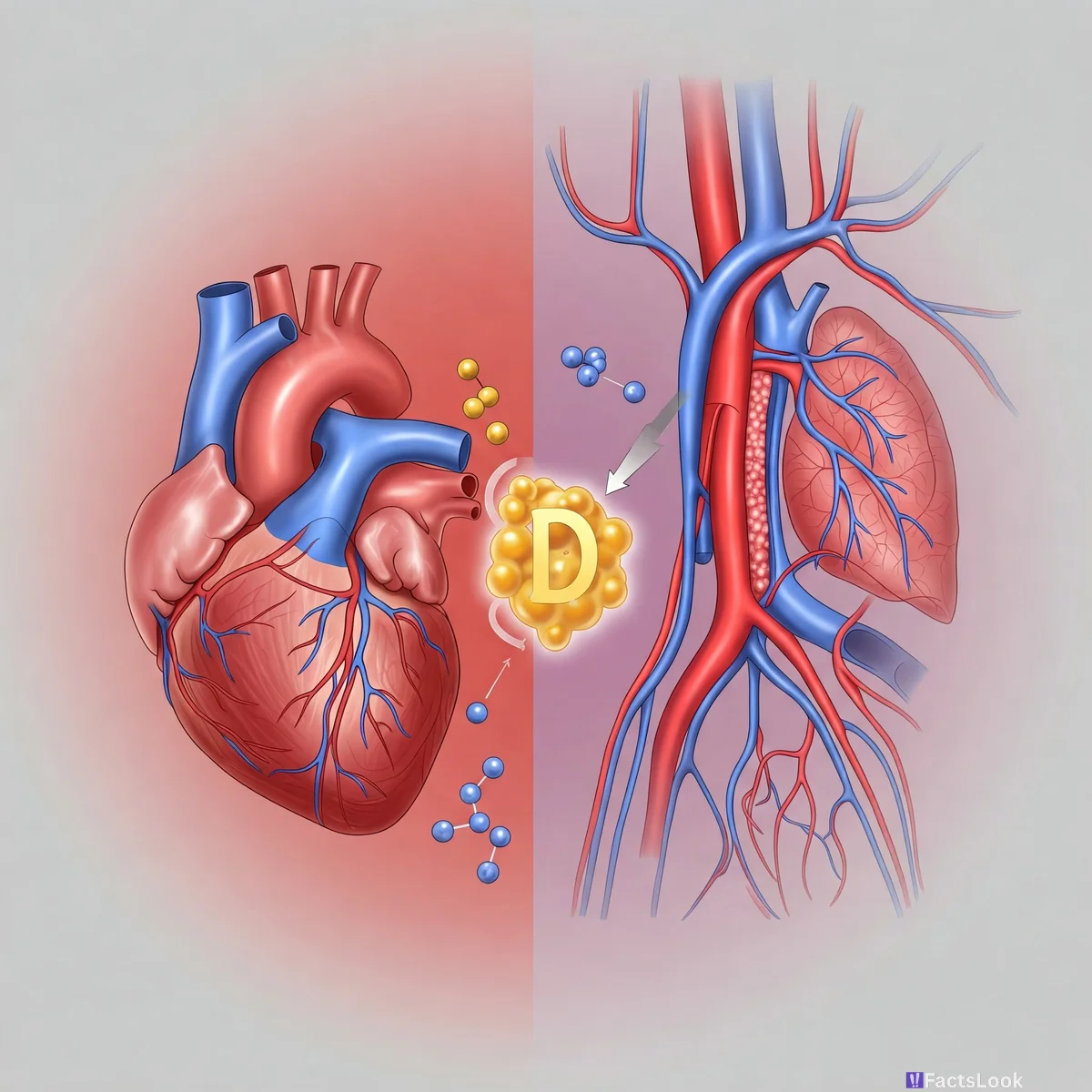
Low levels of vitamin D have been linked to an increased risk of heart disease, high blood pressure, and stroke. Get your vitamin D levels checked and consider supplementation if necessary (under a doctor’s guidance).
Magnesium is Essential for Heart Rhythm
Magnesium plays a vital role in maintaining a healthy heart rhythm. Deficiency can contribute to arrhythmias (irregular heartbeats). Include magnesium-rich foods like leafy greens, nuts, and seeds in your diet.
High Cholesterol Isn't Just About Diet
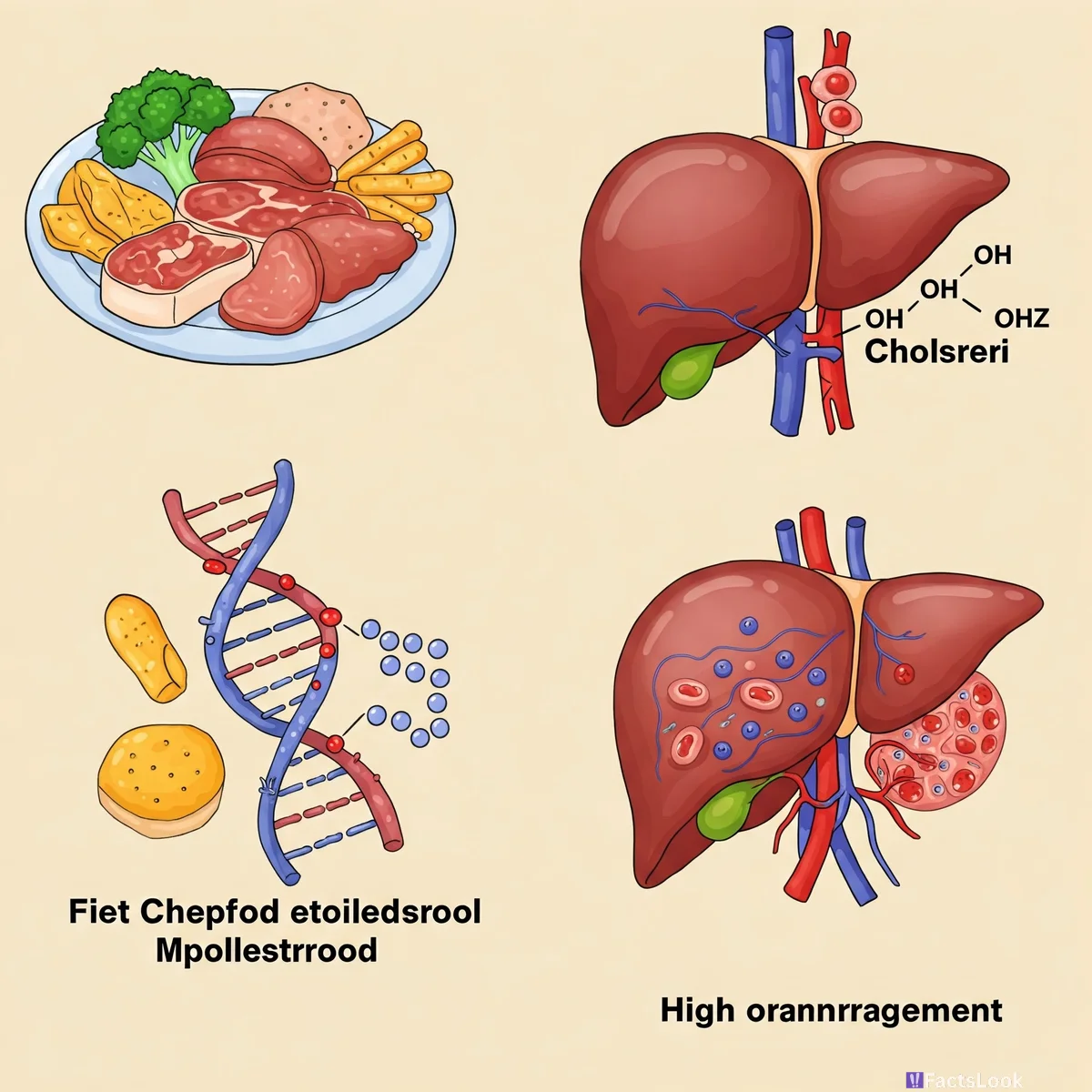
While diet matters, cholesterol levels are also influenced by genetics, liver function, and other medical conditions. Regularly monitor your cholesterol levels and work with your doctor to manage them effectively.
High Blood Pressure Has No Obvious Symptoms
Often called the 'silent killer,' high blood pressure frequently presents no noticeable symptoms. Regular blood pressure checks are crucial for early detection and management. [Source: National Heart, Lung, and Blood Institute - https://www.nhlbi.nih.gov/]
Diabetes Dramatically Increases Risk
Diabetes significantly increases the risk of heart disease. High blood sugar levels damage blood vessels and nerves controlling the heart. Managing diabetes effectively is paramount for heart health.
Exercise Benefits Even After a Heart Attack

Cardiac rehabilitation programs, including supervised exercise, significantly improve outcomes after a heart attack. Exercise helps strengthen the heart muscle, improve blood flow, and reduce the risk of future events.
Heart Disease Can Cause Cognitive Decline
Poor cardiovascular health can reduce blood flow to the brain, contributing to cognitive decline and increasing the risk of dementia. Taking care of your heart is also taking care of your brain.
Cold Weather Can Increase Heart Attack Risk

Studies show that heart attack rates increase during colder months. Cold temperatures constrict blood vessels, increasing blood pressure and strain on the heart. Dress warmly and avoid strenuous activity in extreme cold.
Coffee Consumption: Surprisingly Neutral
Despite long-standing concerns, moderate coffee consumption isn't generally linked to increased heart disease risk. In some cases, it may even have protective effects. However, excessive caffeine intake can be problematic.
Certain Chemotherapies Can be Cardiotoxic
Some chemotherapy drugs can damage the heart muscle, leading to a condition called cardiotoxicity. Cancer patients should discuss potential cardiac risks with their oncologist and undergo regular heart monitoring.
Plaque Rupture, Not Just Blockage, Causes Attacks
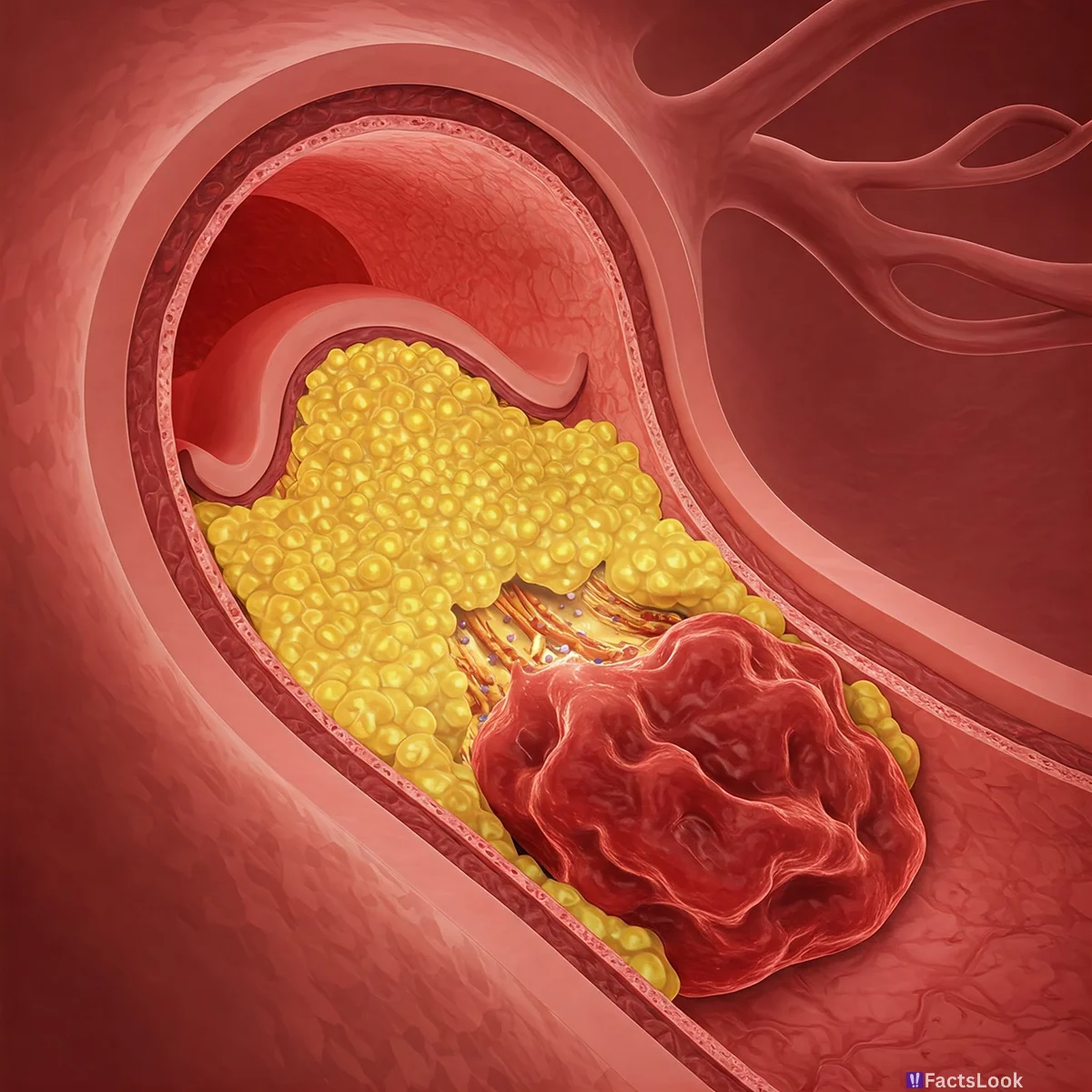
Heart attacks often occur when a plaque buildup *ruptures*, forming a blood clot that blocks blood flow. Stable plaque, while narrowing arteries, is less immediately dangerous than unstable, rupture-prone plaque.
Heart Failure Doesn't Mean Your Heart Stops
Heart failure means the heart can’t pump blood effectively enough to meet the body’s needs. It's a chronic condition that can be managed with medication and lifestyle changes, not an immediate cessation of heart function.
Exercise 'Prescription' is Becoming Common

Doctors are increasingly prescribing exercise as a preventative and therapeutic measure for heart disease. A tailored exercise plan can be as effective as medication for some patients.
Early Heart Disease Clues in Your Skin
In rare instances, certain skin conditions like xanthomas (cholesterol deposits under the skin) and arcus senilis (a grey-white ring around the cornea) can be indicators of underlying cardiovascular issues. [Source: Mayo Clinic - https://www.mayoclinic.org/]
Aspirin for Heart Health: It’s Complicated

While low-dose aspirin was once routinely recommended for heart disease prevention, current guidelines are more selective. Talk to your doctor to determine if aspirin therapy is appropriate for your individual risk factors.
Heart Disease is the #1 Killer of Mothers
Heart disease is the leading cause of maternal mortality in the United States, often overlooked during and after pregnancy. Pregnant women with risk factors need careful monitoring and management.
Comments
Loading comments...